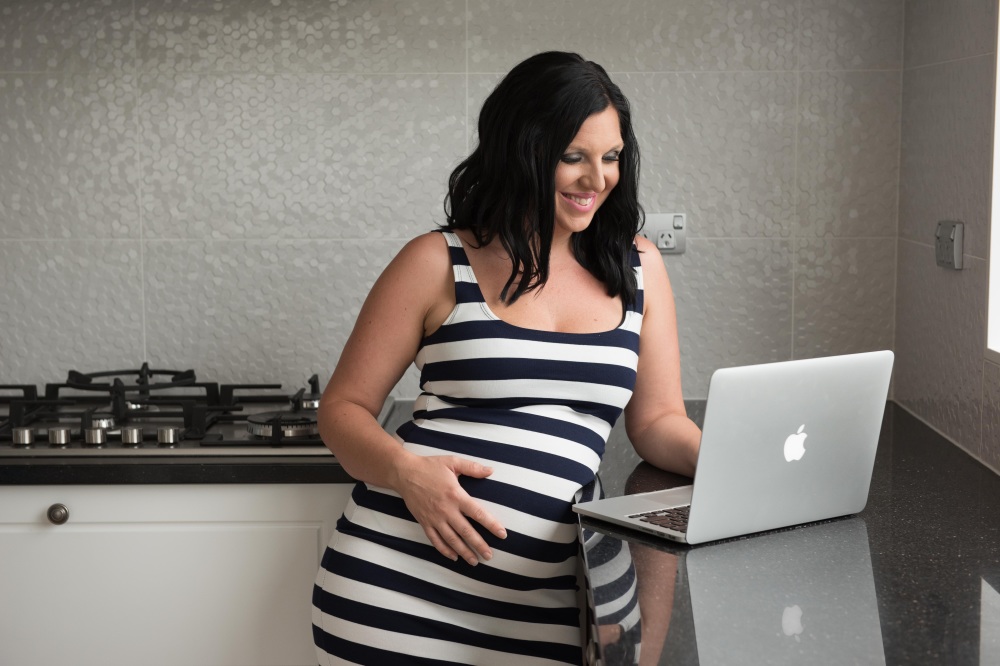We’ve all heard about the gender pay gap. Whether it’s first-hand experience or knowing friends and family who haven’t been paid the same as our male counterparts, as a woman we know that sometimes we aren’t paid fairly. Although progress has been made and there have been great achievements in improving women’s equality in the workplace, we unfortunately still have a long way to go.

Women are still at a disadvantage when it comes to pay at work
This issue looked set to be addressed earlier this year with the government imposing an obligation on companies with 250 employees or more to disclose and publish details of their gender pay gap. Unfortunately many businesses didn’t come out of it unscathed – it was found that in both public and private sector organisations eight out of 10 pay men more than women. Although this was a general overview of companies pay and didn’t compare between roles that were alike, it was an important way of highlighting the structural inequalities that exist within businesses. It also helped demonstrate the lack of accessibility for women on certain career paths.
After starting my career as a lawyer in the construction industry and now as the Account Director of one of the leading global providers of flexible law firm-led solutions, I have been aware of the issues facing women progressing in law, as well as business. It’s important that whatever initiatives are used to close the pay gap, these should not be used in isolation. In order to help women to progress to senior roles, other styles of working should be available such as flexible working and more support for those going freelance. This also helps employers to retain talent that other more traditional ways of working does not facilitate.
The pace of progress
The results did help to start a wider public conversation, making businesses scrutinise why their pay gap was so high. Yet issues still need to be overcome – this was highlighted recently by the Chair of the House of Commons Women and Equalities Committee, Maria Miller MP.
In light of there being certain exemptions to what data businesses should collect – for example low-paid workers and partners did not have to be included - the Chair called out law firms in particular, saying that there needs to be greater transparency in their gender pay gap data. This meant law firms were not receiving an accurate picture between male and females’ pay, particularly as they didn’t have to include the high-earning partners in their figures.
Although Maria Miller MP has called for a review of these regulations, numerous firms have amended their data to include partners in their figures - but this revision should be coupled with action.
‘Equality’ shouldn’t be a benefit, but a given

In order to help women progress in the workplace and professions such as the law – it’s important that discrimination is tackled, whether it be conscious or unconscious. Unconscious bias can be difficult to detect – but holding training sessions to identify and how to do-away with the social stereotypes which are offensive and dangerous is a good step. It can be an uncomfortable process for all involved but it should be tackled in order to stop discrimination. In Vario, we use an independent business psychology company to help us eliminate unconscious bias, when selecting freelance legal professionals. Approaches such as this alongside a rigorous assessment process are important for a business committed to equality.
Equally, our employer brand has been specifically designed to attract people from a very wide range of backgrounds, be it working parents, newly qualified lawyers, budding entrepreneurs or former Partners looking to give something back. All of this activity ensures that we attract and assess people in an objective manner and look at the professional attributes of an individual without needing to know their gender, sexuality, ethnicity as well as other protected characteristics.
As life is modernising, businesses and law firms should consider how they can move with the times and make most of advanced technology – for example the ability to work flexibly can help mothers, as well as fathers to manage childcare or other care responsibilities alongside a career. For example, at my law firm, Pinsent Masons, we allow employees to work flexibly and we are named this year as one of the top 10 employers for Working Families. The firm also seeks to tackle gender imbalance throughout its partnership and senior positions at the firm through ‘Project Sky’, which includes training around unconscious bias, better support around parental leave and clear pathways towards developing careers. In my role as Account Director of their contracting lawyer service Vario, we seek lawyers who want to work on a flexible basis – working the hours / days in the week / months of the year they wish.
How freelance working has helped

With the rise of gig economy, it’s clear there have still been some teething problems. However freelance working, which is a form of self-employment where you can decide who you want to work for, and when, has transformed how we see work. Freelancing gives people the opportunity to choose the projects they are passionate about working on, avoiding office politics and helping improve their work / life balance.
Pinsent Masons' clients have increasingly needed to become responsive to change in our modern world and actually want lawyers who can work flexibly and on a freelance basis. This is opening up opportunities for all, and not just women, to progress up the ranks in a way that suits them.
To the future, and beyond
Companies will have to report every year on their gender pay gap and it’s important that the data is utilised to create positive and practical change for the better, and help close the gap for good.
Geraldine Kelm is Account Director at Vario from Pinsent Masons

